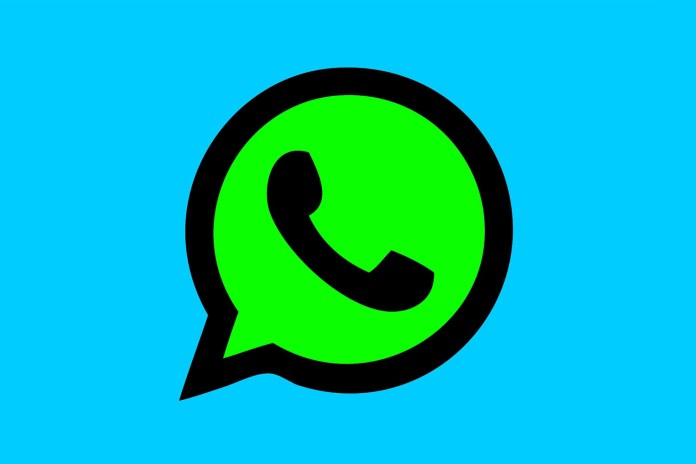
Like a gleaming parent proud of their children, Facebook admires the accomplishments of its company WhatsApp, especially in the fight for privacy. Apple has been extremely vocal about their views on encryption, yet despite efforts, the FBI still beat them out. Perhaps they should try to be more like the world’s largest messaging app.
WHATSAPP IS WHAT APPLE CAN NEVER BE
Apple just came out of an intense battle with the FBI over the privacy of its users. While the FBI didn’t exactly win, they still got what they wanted. Apple did their best in standing up for themselves. If only they could more like WhatsApp. If WhatsApp, who is owned Facebook, was taking on the feds, it would be a different story. This is because the app has announced it has complete end-to-end encryption in every, way, shape and form.
MESSAGING APP GIVES GOVERNMENT A BRICK WALL
Anyone searching for evidence in WhatsApp would face their fair share of hurdles. When a message is sent, the only people that can see are the sender the receiver. Not even the founders have any way to access that information. To get into Apple, the FBI found some kind of backdoor, but if they tried that stunt with WhatsApp, they would hit a major brick wall. The app simply has no way of cooperating with the FBI. The possibility just doesn’t exist. Apple has the same quality, but that is limited to messages sent with iMessage. Everything else is fair game. That doesn’t mean it should be open to the public, though. Even Facebook can agree with that.
FACEBOOK GETTING ON BOARD WITH PRIVACY
In the past, Facebook has come under some scrutiny for their lack of privacy. It seems that is set to change. With them publically criticizing the FBI in their case against the iPhone, it puts them in the ranks of other tech companies who joined the fight. Now, with the Facebook-owned messaging app launching end-to-end encryption yesterday, the social media giant is further proving they care about the future of privacy. CEO Mark Zuckerberg is not against helping law enforcement keep people safe, but he also believes requiring back doors into encryption is unnecessary. Hopefully, more leaders in tech agree and begin to make similar adjustments to keep privacy sacred.

















